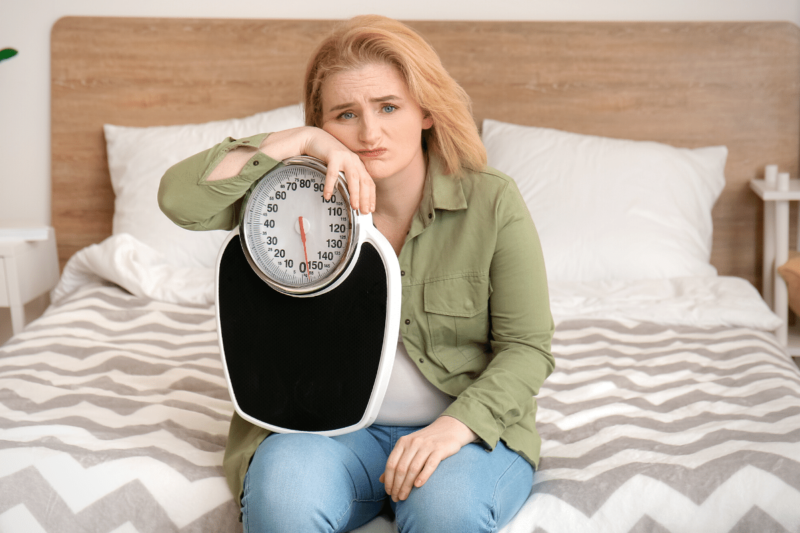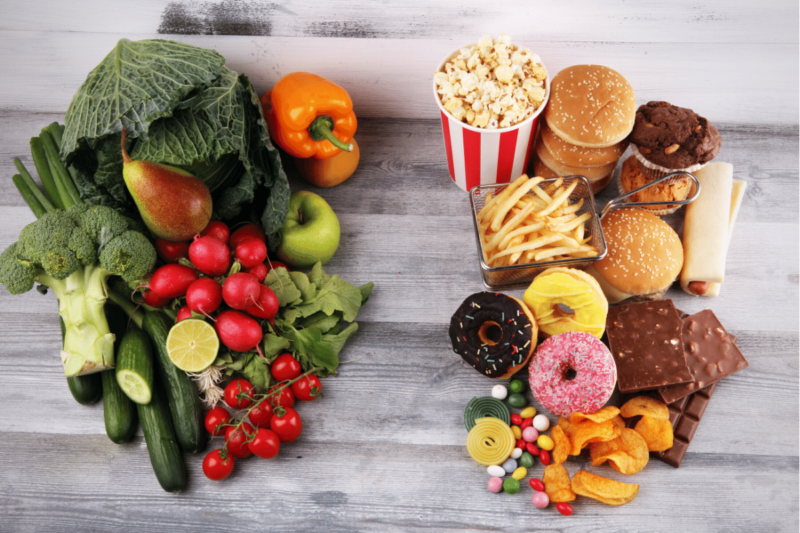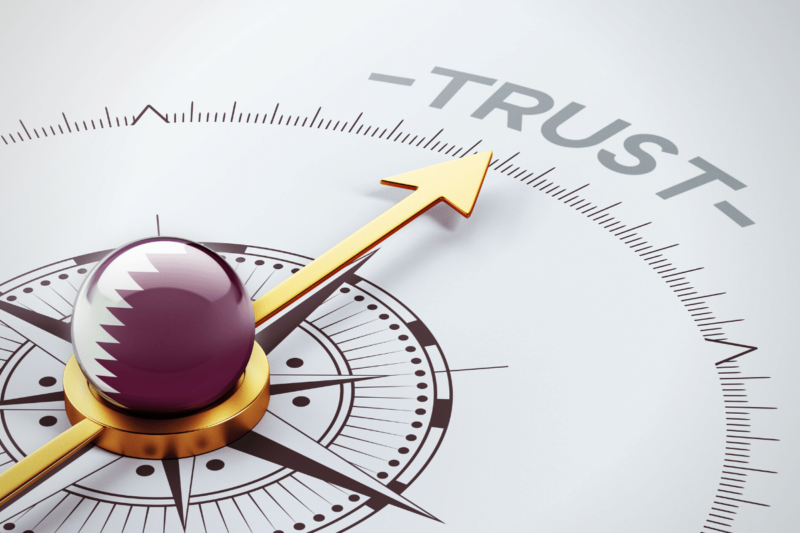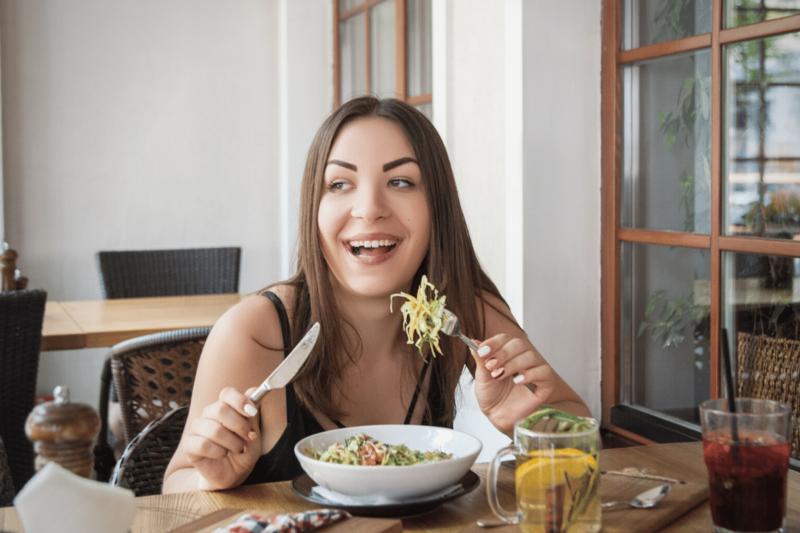
I’ve been asked more than once, “If Intuitive Eating is so “intuitive,” then why does it feel hard?” I know, it doesn’t make sense. Except that it does. There are so many reasons that what should feel intuitive, easy, effortless, feels like a lot of work. If you’ve tried to take Intuitive Eating for a spin, and felt the metaphorical gears grinding in your mind, you’re not alone, and it’s not that something’s wrong with you.
While moving toward Intuitive Eating and away from years or decades of dieting is work well worth doing, there are many reasons you might have struggled. Let me talk about some of the most common reasons.
You have rigid ideas about what “healthy eating” means
When someone starts to experiment with Intuitive Eating, and then starts to worry that they’re eating too many cupcakes and not enough vegetables, they may put on the brakes and think, “This Intuitive Eating thing is NOT for me!”
I’m most likely to see this scenario when someone comes to Intuitive Eating with very rigid ideas about what it means to eat “healthy,” often with equally rigid ideas about what role nutrition plays in health. (I often refer to this as the “I’m one bite away from death” mentality.)
The truth is that many, many factors influence health, and nutrition and physical activity are only two of them. One thing that’s not good for health is stress, so stressing and obsessing about whether you’re eating perfectly can cancel out some of whatever health benefits you might have received from your broccoli and salmon.
Research shows that intuitive eaters tend to eat a more diverse — while still balanced — diet while also receiving more pleasure from their food choices. Research on dietitian Ellyn Satter’s Eating Competence method, which shares some similarities with Intuitive Eating, has found:
Even though they don’t worry about what and how much to eat, competent eaters do better nutritionally, are more active, sleep better, and have better lab tests. They are more self-aware and self-accepting, not only with food, but in all ways.
Ellyn Satter Institute, “The joy of being a competent eater“
When I’ve interviewed Ellyn Satter, she said competent eaters have higher-quality diets, in part because not forcing yourself to eat fruits and vegetables will allow them to become foods you eat for pleasure. “People eat nutritious food because they enjoy it, not because they have to,” she said. “The bedrock of eating competence is that you enjoy eating and feel good about it.”
Related posts:
- Is there a place for nutrition in Intuitive Eating? Absolutely!
- Do your eating skills need a tune-up?

You’re not pairing permission with body attunement
One of the most “famous” principles of Intuitive Eating is “Make Peace with Food,” otherwise known as giving yourself unconditional permission to eat. That can feel both scary and exciting if you have a long history of labeling foods as “good” or “bad,” and making certain foods “forbidden.”
It can feel even scarier if you genuinely feel that you’re in food free fall and aren’t sure what to do about it, short of reverting back to adhering to a bunch of food rules.
While giving yourself permission to eat all foods is important, this doesn’t mean eating all foods, all the time, in the same amounts.
- First, if you have any diagnosed food allergies or intolerances, you aren’t going to start eating those foods again. If you have a peanut allergy, then there’s no making peace with eating peanuts. If you have celiac disease, there’s no making peace with gluten.
- And then there are foods you simply don’t like. You have permission not to eat those foods. No judgement.
- From there, you still have a lot of foods left. And part of deciding when and how much to eat of these foods calls for attunement.
When you give yourself unconditional permission to eat all foods that you like (and don’t have a specific reason not to eat), if you don’t pair that permission with attunement, then you’ll probably have thoughts like, “This doesn’t feel right” or “This isn’t working.”
Attunement means listening to your body. This includes listening for signs of hunger and fullness, as well as more subtle clues to what foods really satisfy you, and what foods (and balance of foods) leave you feeling good, or not good. Then, you allow that to guide your eating. It’s about using internal wisdom, rather than external rules.
Related posts:
- 3 Intuitive Eating mistakes you want to avoid
- Is eating without restrictions really different from binge eating?
- What does “food freedom” mean?
- Is your eating peaceful, or more like a battlefield?

You’re trying to get meals exactly right
One of the joys of making peace with food is that you get to decide what you want to eat and what foods would really satisfy you. But if you have perfectionistic tendencies (if so, I feel you), you could find yourself swapping one type of perfectionism (getting the perfect amount of calories, perfect macro ratio, etc.) for another. You’re seeking perfect satisfaction.
If you’re not sure what you want to eat, you might delay eating until you can decide on the perfect meal. This could cause you to wait too long to eat. Then you end up primally hungry and unable to fully enjoy whatever you choose to eat because you’re so focused on your hunger.
You may also be hesitant to meal plan, because how are you supposed to know on a Saturday what you’re going to want to eat on Tuesday?
While it’s great if you prepare or order exactly what you want to eat in the moment, not every meal’s going to be a winner. There will be some meals that perfectly hit the spot, some that don’t at all (maybe due to factors not within your control), and others that are reasonably satisfying, but not perfect. Because…that’s life.
When wracked with indecision, don’t let “perfect” be the enemy of the good. In other words, “good enough” is good enough. Choose something that will be tasty and satisfy your hunger before it becomes overwhelming. And if later, you think, “Oh, I should have chosen X,” you can always have X another time if it still sounds good. Instead of trying to hit the bullseye every time, aim to hit one of the inner rings…or at least land somewhere on the target!
Related posts:
- How does meal planning work with Intuitive Eating?
- Meal planning as a way of connecting with food
- Why satisfaction is the ‘secret sauce’ of Intuitive Eating

Viewing IE as “non-diet” weight loss
It’s not uncommon to view Intuitive Eating as a “non-diet” way to lose weight, in part because it’s frequently sold that way. Who’s doing that? Certainly not the creators of Intuitive Eating (and authors of the book “Intuitive Eating“). Certainly not certified Intuitive Eating counselors (such as myself) who fully understand the concept, understand the harms of intentional weight loss, and have a social justice, liberatory mindset. That leaves:
- People who don’t fully understand Intuitive Eating.
- People who followed Intuitive Eating and did lose weight (which certainly happens with some people).
- Certified Intuitive Eating counselors who aren’t 100% comfortable pushing back against the pro-diet status quo and lean a little too heavily on the idea that Intuitive Eating helps people get to their “natural healthy weight.”
That last one is an issue, because ask 100 people what a “natural healthy weight” is, and probably 99 will name a weight that is thin or at least close to thin. Not every body is meant to be thin (or even close to thin).
So, if you are trying to be a faithful intuitive eater and see no change in the scale (if you’re weighing yourself) or in how your clothing fits — or if your weight increases — you’ll probably feel some combination of scared, upset and frustrated that you’re trying so hard and it’s not working!
If you have experienced anti-fat bias and/or subscribe to the idea that health or worth is dependent on having a certain body size, then trying to make peace with food and allow your body to settle at the weight range it wants to be at when you are eating enough satisfying food and moving your body in ways that feel good can feel challenging if that weight range is higher than you want it to be.
Related Posts:
- Can you lose weight through Intuitive Eating?
- Can you do Intuitive Eating and want to lose weight?
- Does mindful eating work? Depends on your definition.
- Why you’re worthy in the body you have today.

Feeling like IE is too restrictive, or not restrictive enough
One of the joys — and the physical/mental/emotional health benefits — of Intuitive Eating is the ending of yo-yo dieting and the diet mentality. You get to cancel your membership in diet culture (even when it’s still all around you). Canceling this membership isn’t easy, however.
If you have a history of dieting for weight or “health,” then following a diet is familiar. It can feel safe. You might realize you really liked the security of following an eating plan with lots of “eat this, don’t eat that” rules. Now that you’re taking Intuitive Eating for a spin, you might feel like you’re flying blind — or you might try to turn Intuitive Eating into a diet.
I often see this happening is when someone focuses too hard on the “Honor Your Hunger” and “Feel Your Fullness” principles, effectively turning Intuitive Eating into a “Hunger-Fullness Diet.” The reality is that there are times when you will want or need to eat when you aren’t hungry, and that’s OK. There will be times when you eat past fullness either accidentally or on purpose, and that’s OK. The mindful eating aspect of Intuitive Eating means that you will be aware of what’s going on, and will make a conscious choice, rather than reacting on autopilot, more than you used to.
Some people complain that Intuitive Eating feels too prescriptive…which may also be because they’ve turned it into a diet. But Intuitive Eating encourages testing all nutrition information against what you know to be true about yourself and your lived experience. This requires a lot of experimentation, first to learn about yourself and what works for you, and then to try new nutrition and health information on for size to see how it fits. At first, that can feel hard. But it does get easier!
Related posts:
- What is diet culture, and why is it ‘in the water’?
- How diet culture harms all of us (yes, even non-dieters)

You may not trust your body
Learning to honor your hunger, feel your fullness, reject the diet mentality, challenge the food police and make peace with food starts with an underlying ability to trust your body — or the willingness and ability to learn how to trust it. If you’ve been dieting for a long time, especially if you’ve also been on the receiving end of body shaming comments, then body trust is hard.
If you’ve experienced trauma, trusting your body — the site of that trauma — can feel even harder. And if you’re neurodivergent, you may not experience hunger, fullness or other body sensations the same way that neurotypical people do, that adds another element of challenge. (If you know you don’t notice hunger cues until you are primally hungry, then honoring your body by eating on a schedule may be where you need to be.)
If starting to practice Intuitive Eating makes you realize that you have trouble trusting your body — or maybe you already knew body trust was hard for you, but trying Intuitive Eating simply highlighted that fact — then you could view this as a gift, of sorts. Because you can’t address a problem that you can’t see.
Approaching your body trust issues with a lot of compassion and curiosity could be a first step. I mean that both generally, and in the context of trying to practice intuitive eating. When you notice that you find it hard to honor your hunger because you don’t trust the hunger cues your body sends you because you don’t trust your body, that’s hard. That hurts. And that deserves compassion and gentle exploration.
Finally, there’s the hard truth that it is easier to feel the freedom to, say, go get ice cream or eat french fries in public if you are in a thinner body, because you run little risk of getting comments or side eye.
Related posts:
- How to honor your hunger even if you don’t trust yourself
- Do you find it challenging to respect your body?
- Beyond body positivity: respect, acceptance, liberation

You may need more support
I’ve heard from many people who bought the book “Intuitive Eating” that “I tried it and it didn’t work.” There are many things that you can’t just read about and become. You can’t read about playing the piano and then sit down at a piano for the first time (or second, or third, or tenth time) and play something that resembles music.
When I was in middle school, I read every book I could find in the library on how to raise horses. I could have talked your ear off about colic and grain ratios and grooming. But if someone gave me a horse, would I have been able to take care of that horse? No, not without someone with actual experience guiding me.
Knowledge is great, but putting that knowledge into practice so you develop a skill is something else. Many of my clients tried Intuitive Eating on their own, but struggled a little, or a lot, so they decided to seek professional support. I’ve had other clients who did pretty well with practicing Intuitive Eating on their own for a while, but then something happened — a health scare, a weight lecture from their doctor, the end of a long relationship and a return to dating — that threatened to suck them right back into diet culture. They needed help navigating that tug-of-war.
In this post, I’ve touched on other reasons that many people need and deserve help. Dealing with past trauma. Unpacking a history of body shame. Breaking free of the belief that weight = health. It’s OK to need help from a therapist, a dietitian, or another care provider who understands these things. We all need help sometimes!
This post contains Amazon Affiliate links. As an Amazon Associate I earn from qualifying purchases.
Disclaimer: All information provided here is of a general nature and is furnished only for educational purposes. This information is not to be taken as medical or other health advice pertaining to an individual’s specific health or medical condition. You agree that the use of this information is at your own risk.
Hi, I’m Carrie Dennett, MPH, RDN, a weight-inclusive registered dietitian, nutrition therapist and body image counselor. I offer compassionate, individualized care for adults of all ages, shapes, sizes and genders who want to break free from eating disorders, disordered eating or chronic dieting. If you need to learn how to manage IBS symptoms with food, or improve your nutrition and lifestyle habits to help manage a current health concern or simply support your overall health and well-being, I help people with that, too.
Need 1-on-1 help for your nutrition, eating, or body image concerns? Schedule a free 20-minute Discovery Call to talk about how I can help you and explore if we’re a good fit! I’m in-network with Regence BCBS, FirstChoice Health and Providence Health Plan, and can bill Blue Cross and/or Blue Shield insurances in many states. If I don’t take your insurance, I can help you seek reimbursement on your own. To learn more, explore my insurance and services areas page.
 Print This Post
Print This Post






